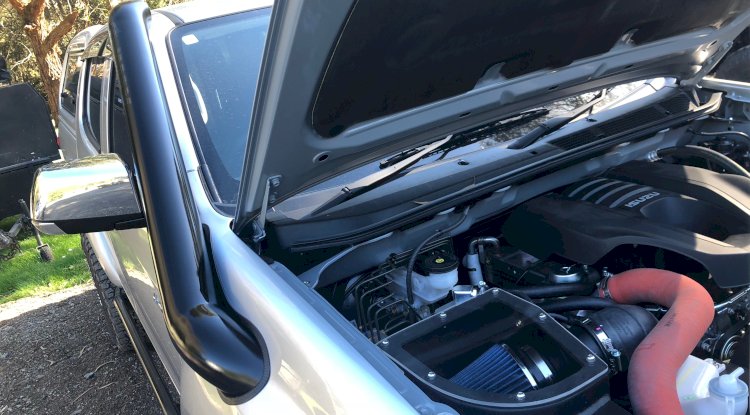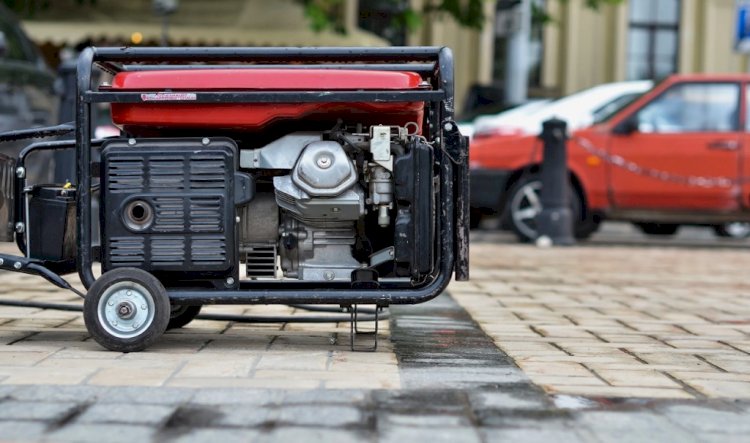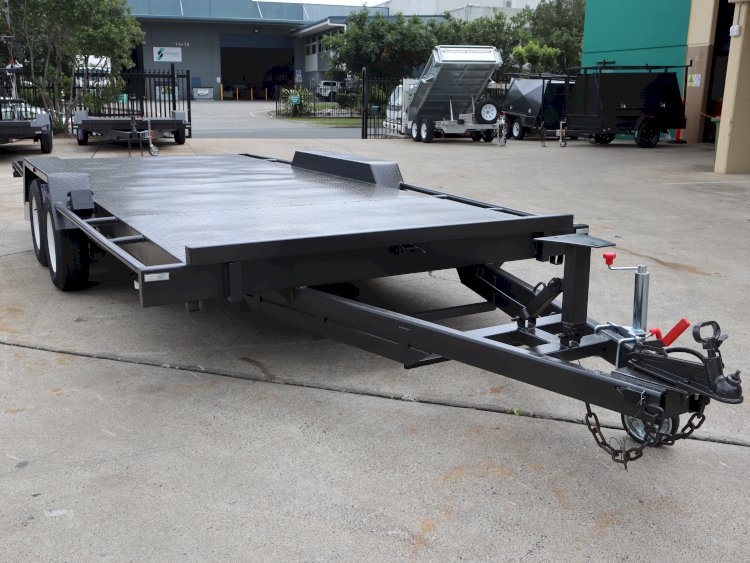5 Common Issues With Ford Air Box And How To Fix Them
One of the most common issues with Ford air box is a clogged air filter. The air filter is responsible for trapping dust, dirt, and debris before it enters the engine, ensuring that only clean air reaches the combustion chamber.

Introduction:
Have you ever wondered why your Ford's engine performance isn't as smooth as it once was? There could be a variety of reasons, but one often overlooked component is the Ford air box. The air box is an essential part of your vehicle's intake system, as it houses the air filter and ensures proper air flow to the engine. When issues arise with the air box, it can lead to decreased engine performance, increased fuel consumption, and even potential engine damage. In this article, we'll explore some common issues with Ford air box and provide effective solutions to help you maintain your vehicle's performance.
1. Clogged Air Filters
One of the most common issues with Ford air box is a clogged air filter. The air filter is responsible for trapping dust, dirt, and debris before it enters the engine, ensuring that only clean air reaches the combustion chamber. Over time, the filter can become clogged and restrict air flow, leading to reduced engine performance and increased fuel consumption.
To fix this issue, regularly inspect and clean your air filter, or replace it if necessary. Most experts recommend cleaning the filter every 15,000 to 30,000 miles, but this may vary depending on your driving conditions and the type of filter you have.
2. Cracked or Damaged Air Boxes
Another common issue with Ford air box is physical damage, such as cracks or breaks in the air box itself. This can occur due to age, wear, or impact damage and can allow unfiltered air to bypass the air filter and enter the engine directly. This can cause a variety of problems, including poor engine performance, increased emissions, and potential engine damage.
To fix this issue, inspect your air box regularly for signs of damage and replace it if necessary. Be sure to choose a high-quality replacement air box that fits your specific Ford model to ensure optimal performance.
3. Loose or Disconnected Hoses
Loose or disconnected hoses can also cause issues with Ford air box. These hoses connect the air box to the engine's intake manifold and allow for proper air flow. If a hose becomes loose or disconnected, it can lead to reduced engine performance and increased fuel consumption due to improper air flow.
To fix this issue, inspect your hoses for any signs of wear or damage, and ensure they are properly connected to the air box and intake manifold. Replace any damaged hoses and use hose clamps or zip ties to secure them in place.

4. Sensor Malfunctions
Modern Ford vehicles are equipped with a variety of sensors that monitor the intake system and help optimize engine performance. One such sensor is the Mass Air Flow (MAF) sensor, which measures the amount of air entering the engine and adjusts the fuel injection accordingly. If this sensor becomes dirty or malfunctions, it can lead to inaccurate readings, causing poor engine performance and increased emissions.
To fix this issue, clean the MAF sensor with a specialized cleaner designed for this purpose, or replace it if necessary. Be sure to consult your vehicle's owner's manual or a professional mechanic for guidance on the proper cleaning and replacement procedures.
5. Excess Moisture and Debris
Excess moisture and debris in the air box can also cause issues with your Ford's intake system. Moisture can lead to corrosion and rust, while debris can clog the air filter and restrict air flow. Both of these issues can have a negative impact on engine performance and fuel efficiency.
To fix this issue, regularly inspect your air box for signs of moisture or debris build-up and clean it as necessary. You can also consider using a water-repellent spray on the air box to help reduce moisture build-up. If you live in an area with frequent rain or snow, consider installing a cold air intake system, which is designed to keep moisture and debris out of the air box.
Conclusion:
Proper maintenance and care of your Ford's air box are crucial to ensure optimal engine performance and fuel efficiency. By addressing common issues such as clogged air filters, cracked or damaged air boxes, loose or disconnected hoses, sensor malfunctions, and excess moisture and debris, you can keep your vehicle running smoothly and efficiently. Regular inspections and preventative maintenance can help prevent more serious issues and even extend the life of your engine. Don't overlook the importance of your air box – give it the attention it deserves and enjoy the benefits of improved engine performance.
Share
What's Your Reaction?
 Like
2
Like
2
 Dislike
0
Dislike
0
 Love
0
Love
0
 Funny
0
Funny
0
 Angry
0
Angry
0
 Sad
0
Sad
0
 Wow
0
Wow
0


















1
1
1